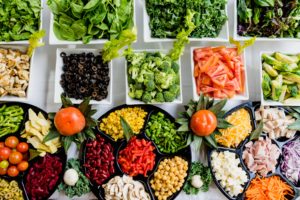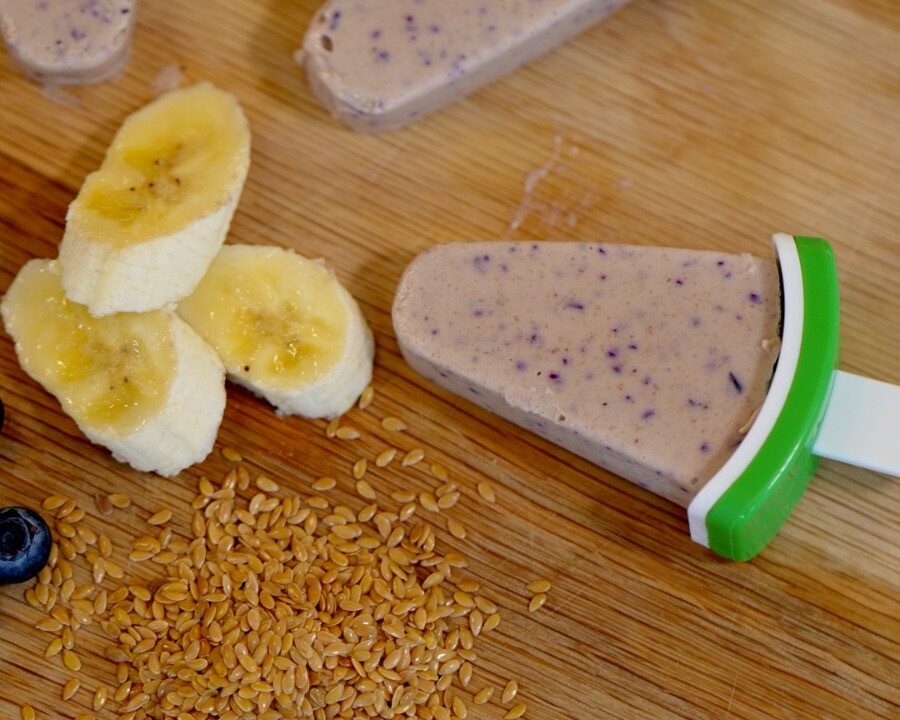While the best way to promote health and wellbeing is to make long-lasting lifestyle changes, sometimes it’s necessary to make more drastic changes in the short-term. One such example is with sugar detoxing or cutting sugar out of your diet.
Excessive sugar consumption has links to harmful health conditions including obesity and metabolic syndrome, heart disease, type 2 diabetes, high blood pressure, high cholesterol, chronic inflammation, non-alcoholic fatty liver disease, and dental plaque and cavities, according to Medical News Today.
A recent study found that the consumption of sugary drinks, such as sugar-sweetened beverages and 100% fruit juices, was significantly associated with the risk of overall cancer cases. Researchers suggested that sugary drinks might represent a modifiable risk factor for cancer prevention.
Reducing the amount of sugar in your diet can help you reduce your risk of other health conditions. Meanwhile, replacing high sugar foods with healthful options can help you get all of your essential vitamins and minerals without the added calories. For those struggling with weight loss, a low sugar diet has been shown to help improve outcomes. The National Institute of Health (NIH) estimates that adults in the US get around 15% of their calories from added sugars alone!
Another 2017 study linked a high sugar diet with changing mood states, implying that lowering sugar intake can prevent mood swings.
It’s important to know that going cold turkey on a sugar detox may induce fatigue, dizziness and low blood sugar, especially if we are used to consuming large amounts of it throughout the day. Whether you are cutting sugar out completely or starting slow by simply reducing sugar in your diet, you can expect to see your health improve, with other side effects including better skin and weight management.
A recent CNN article spoke to sugar detoxing:
“About 10% of the US population are true sugar addicts, according to Robert Lustig, professor of pediatrics and member of the Institute for Health Policy Studies at the University of California, San Francisco. What’s more, research suggests that sugar induces rewards and cravings that are similar in magnitude to those induced by addictive drugs.
One of the biggest concerns is the amount of added sugars in our diets, which are often hidden in foods. Although ice cream cake is an obvious source of sugar, other foods that may not even taste sweet — such as salad dressings, tomato sauces, and bread — can be loaded with the white stuff.
“People don’t realize that seemingly healthy foods are loaded with sugar — and so we’re basically eating sugar all day long, from morning till night,” said sugar expert and registered dietitian Brooke Alpert.”
Alpert recommends a sugar detox in which the first three days consist of no added sugars and no artificial sweeteners, which she says dull our pallets and make us “immune and less reactive to what sweetness really is.”
“By the fourth day, an apple tastes like candy,” Alpert said. “The onions are sweet! Almonds are sweet! Once you take sugar away from your diet cold turkey, your palate recalibrates, and you start tasting natural sugars again.”
Some tips for cutting out sugar out of your diet include reading product labels carefully, and keeping an eye out for different names for sugar including cane sugar, corn syrup, sucanat, evaporated cane juice, and ingredients ending in “ose.” It’s also wise to avoid simple carbohydrates like white flour, white pasta, and white rice, and focus instead on whole foods like vegetables, fruits, unprocessed grains and legumes, and nuts and seeds.




